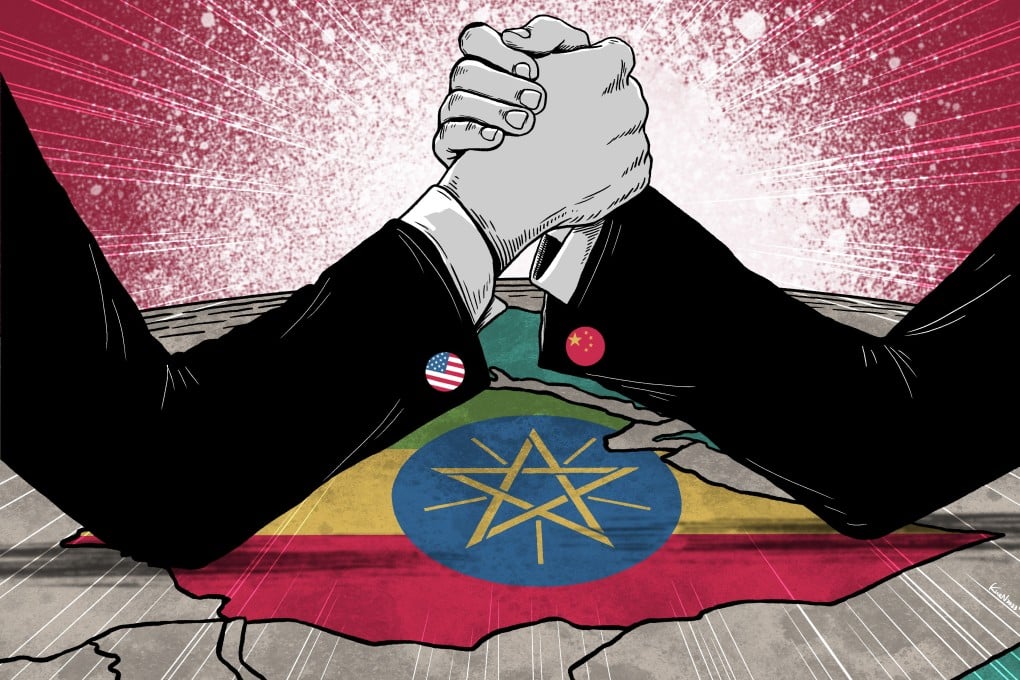In Ethiopia, China and the US map rival roads to lasting peace
- US Secretary of State Antony Blinken and China’s special envoy, Xue Bing, had a similar agenda in Addis Ababa but different stances on ending hostilities
- China has been a key supporter of the Ethiopian government, partly because of its significance as the seat of the African Union and strategic location

But the approaches taken by the two global superpowers to end hostilities in Ethiopia have been starkly different.
Civil war erupted in November 2020 after the leftist Tigray People’s Liberation Front (TPLF) was accused of attacking a military base in the northern part of the country. In the bloody conflict that followed, the US cut aid and suspended Ethiopia from the Africa Growth and Opportunity Act (AGOA) – which provides African countries with duty-free access to US markets – over alleged human rights violations by Ethiopian forces.
On November 2, the Ethiopian federal government and the TPLF signed the Cessation of Hostilities Agreement to end the conflict.
Blinken welcomed the signing of the peace treaty, terming it a “major achievement and step forward”.

